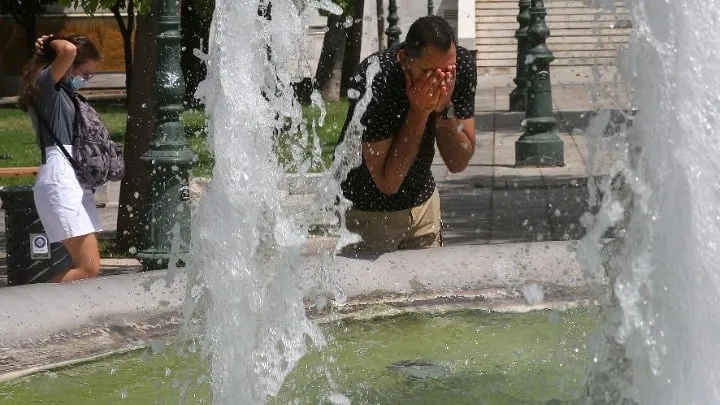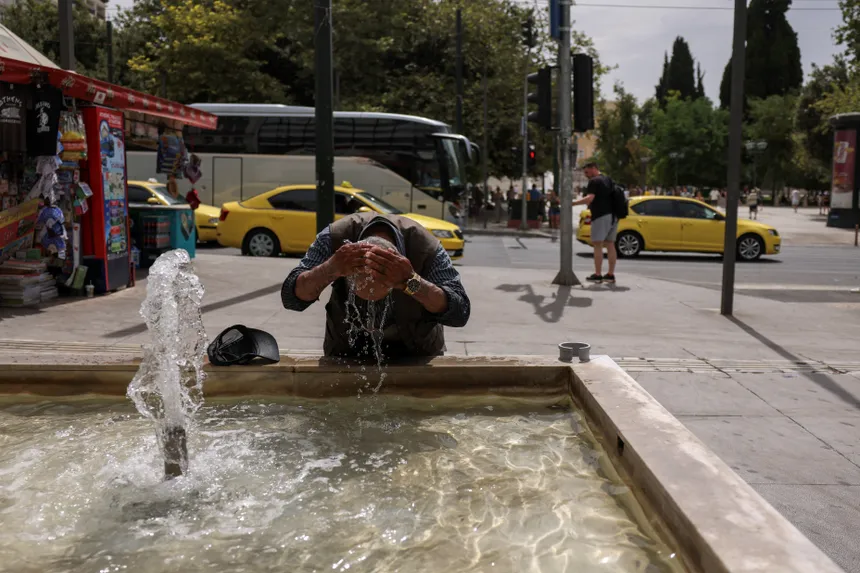As Greece emerges from an unprecedented 15-day heatwave-induced inferno, the scale of destruction is finally being laid bare. The country’s senior climate crisis official, Vassilis Kikilias, has revealed that most of the 667 fires that erupted across Greece in recent weeks were started by human hand. Kikilias, the minister of climate crisis and civil protection, told reporters that the majority of the fires were caused by criminal negligence or intent.
The country’s heatwave was unlike any other year, with experts calling the first three weeks of July the hottest on record. Meteorologists have never before registered such record-breaking temperatures over such a prolonged period of time in Greece. The World Meteorological Organization and Europe’s Copernicus Climate Change Service described July as the hottest month in recorded history, with the UN secretary general, António Guterres, calling for bold and immediate measures to cut planet-heating emissions.
The evidence of human involvement in the fires is stark. In some areas, blazes had broken out at numerous points in close proximity at the same time, suggesting the involvement of arsonists intent on spreading fires further. Kikilias explained that the difference with other years was the weather conditions, which combined extreme heat with strong winds.

The consequences of the fires have been devastating. Three people have been killed, and 74 others have been injured. The Greek armed forces announced three days of mourning after two air force pilots were killed as they tried to extinguish flames in their water-bombing plane before it crashed over the island of Evia. Nearly 20,000 people, primarily tourists, were forced to flee hotels on Rhodes, the island worst affected by the fires, in a single day. The operation was described as the biggest evacuation ever carried out in Greece.
As the situation slowly begins to improve, officials are warning that the situation will worsen every year. Prof Christos Zerefos, Greece’s leading expert on atmospheric physics, has predicted that the climate crisis could cost Greece as much as €700bn (£600bn), both in terms of preventive measures and adjusting to the new reality. Zerefos emphasized the importance of rejuvenating devastated forest ecosystems, which are among the most sensitive in the world. The forest ecosystem is essential, he said, and if protected, there is hope it can regenerate.
Greece’s government has declared a state of emergency in some areas, and the country is still recovering from the disaster. As the country rebuilds and rebounds, the lessons of this summer’s devastating fires cannot be ignored. The need for bold and immediate action to address the climate crisis is clearer than ever, and the world is watching to see what steps Greece will take to mitigate the effects of this unprecedented disaster.

